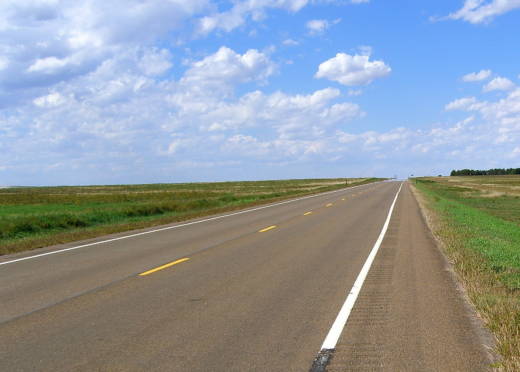"The strain on workers in our metropolitan areas is a threat to the dynamism and innovative potential of our urban regional economies, which, in turn, drives down the competitiveness of the American economy overall," DeSaulnier wrote. "The Trump Administration appears to be turning its back on workers struggling to maintain jobs and families in these urban regions."
With about 12.5 percent of the U.S. population and typically the recipient of about 10 percent in TIGER funding, California got just $9 million, or 1.8 percent, of the available cash.
That money will go to help pay for the first phase of a new freeway planned on the west side of Modesto -- incidentally, an area represented by Republican Congressman Jeff Denham.
"They're being very obvious that they're going to punish urban and suburban commuters and they're going to reward people who supported President Trump, and I think that's unconscionable," DeSaulnier said in an interview this week.
DeSaulnier, D-Concord, chaired the transportation committees in both the state Assemlby and Senate before being elected to Congress. His letter continues a debate with Chao that began with her appearance March 6 before the House Transportation and Infrastructure Committee.
DeSaulnier observed that the administration's infrastructure proposal would end much of the federal support for transit and projects designed to relieve traffic congestions.
"This seems like an attack on suburban commuters," DeSaulnier told Chao.
"The question can actually be turned around," Chao said. "For years and years and years, for decades, rural America has been ignored and forgotten."
She went on to say that communities in regions like the Bay Area have benefited unfairly from federal funding.
"Marin County -- I should not have singled them out because I will probably anger them -- but some of these projects we are talking about are in the richest areas of the country," Chao said. "And we have the rest of the country subsidizing them."
In his letter, DeSaulnier challenged Chao's assertions, pointing out that the federal Highway Trust Fund has been kept solvent by taxes that predominantly come from urban/suburban residents and businesses and that noted poverty rates are actually higher among urban residents than rural ones.
"Punishing so-called rich, urban areas would instead punish many poor communities located within metropolitan regions that are nevertheless generating much of the country's wealth and economic growth," DeSaulnier wrote. "I am concerned that the flawed framework for understanding urban and rural areas is shaping your policy decisions."
He ended by pledging to work with Chao on transportation challenged, but added, "to do so, we must move beyond the inaccurate and counterproductive urban-versus-rural, rich-versus poor framework."
The Department of Transportation did not respond to a request for comment on the DeSaulnier's letter.

